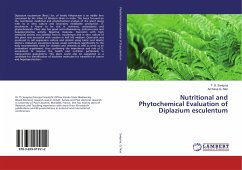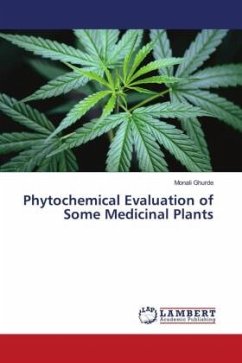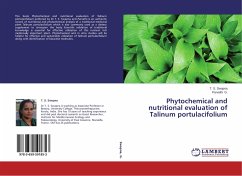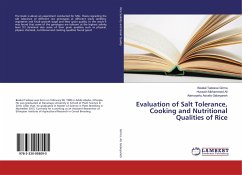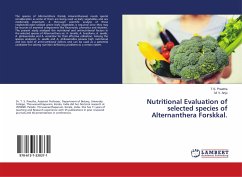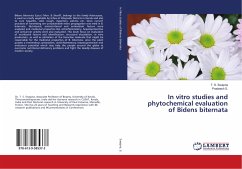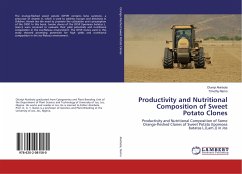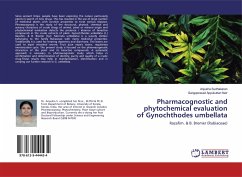Diplazium esculentum (Retz.) Sw. of family Athyriaceae is an edible fern consumed by the tribes of Western Ghats in India. This book focused on the nutritional, medicinal and phytochemical analysis of the plant along with its in vitro culture and secondary metabolite production. D. esculentum is found to be rich in nutrients, antioxidants and phytochemicals. Plant also has good anti-inflammatory, anticancerous and hepatoprotective activity. Bioactive molecule- Quercetin with high medicinal activity was isolated from D. esculentum and in vitro culture of this plant was successful with croziers in half MS medium. Quercetin was produced in cell suspension culture and elicited using biotic and abiotic elicitors. Diplazium esculentum leaves could contribute significantly to the daily recommended need for vitamins and minerals as well as serve as an antioxidant supplement, thus confirming the importance and role of D. esculentum to improve the health and nutrition particularly in malnourished populations. This plant could also be suggested as a candidate for identification of bioactive molecules for treatment of cancer and hepatoprotection.
Bitte wählen Sie Ihr Anliegen aus.
Rechnungen
Retourenschein anfordern
Bestellstatus
Storno

